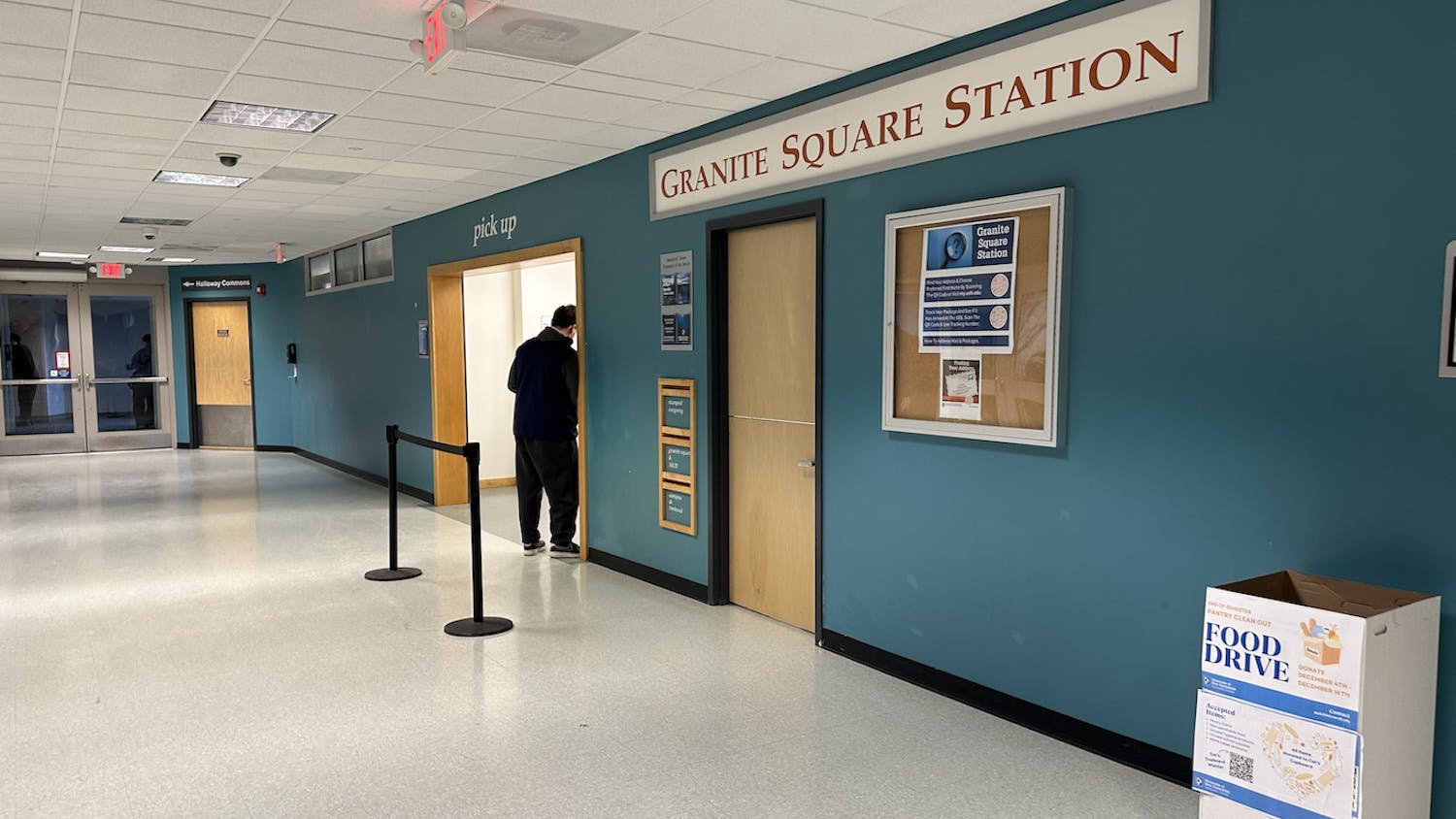Abandon all hope, ye who enter here.
That was the first piece of advice I got about journalism. It came shortly after I had switched my major from biomedical science to English. The wording of it was closer to this:
“Journalism? You must be out of your [freaking] mind! I was a journalist for 30 years. Now all my friends are jobless. Or dead.”
He was an old, fat guy whose moustache made him look like a dusty walrus. He was a stranger who had just overheard me when I was chatting with friends in Castro’s cigar lounge in Concord about my recent life choices. I asked him questions about the field (clearly he had a wealth of experience) but his bloodshot eyes glazed over with boredom and regret. The conversation, he implied by his silence, was over.
I left comprehending the possibility of a future in which I wind up like that guy, and wondering if I had made a mistake. I was unfamiliar with the journalism department at the time. Would I find more oracles of doom crying out across rocky shores that nothing lies inland but fallow fields and graveyards?
I did not. What I found instead were professors who showed me that storytelling has not died, but changed. It’s faster. It’s more democratic. If you have a laptop, WiFi, and a great story, there’s no limit to the number of people you can reach. This does not mean the work has become easier. It means there’s that much more static to cut through, and noise to shout over.
I want to thank a few people who helped me begin to learn how to do that. First on the list has to be the staff of The New Hampshire. What I learned from competing with my great friends and co-writers as a reporter, watching the editors, and finally sitting at the content editor’s desk will stay with me forever. We told a lot of stories, and we had a lot of laughs. I’ll never regret the hours of sleep I lost with you. They were certainly well worth it.
I would like to thank Meg Heckman, who illuminated the world of digital journalism to me over the course of many semesters, and always pushed our class to think entrepreneurially.
I wish I could tell you all that I have a beautiful, secure job in journalism sewn up immediately after graduation, but I’d be lying. I’m still searching, which means that somewhere, walrus man is cackling through his moustache. For now.
On top of friends I will never forget, what I will be leaving with is a writing portfolio that includes two award-wining plays, and about 100 articles published in campus magazines and TNH, two in the Union Leader, and dozens more online. And I already have my next nonfiction project planned. This isn’t the end of the story.
What I’ve been trying to say is simple: If some old walrus-looking guy tells you to abandon your goals in life, don’t listen. Follow them anyway. Do it. But don’t expect it to be easy.
Fine, I’ll admit it: I’ll miss the people I became close to here. Till we meet again.













